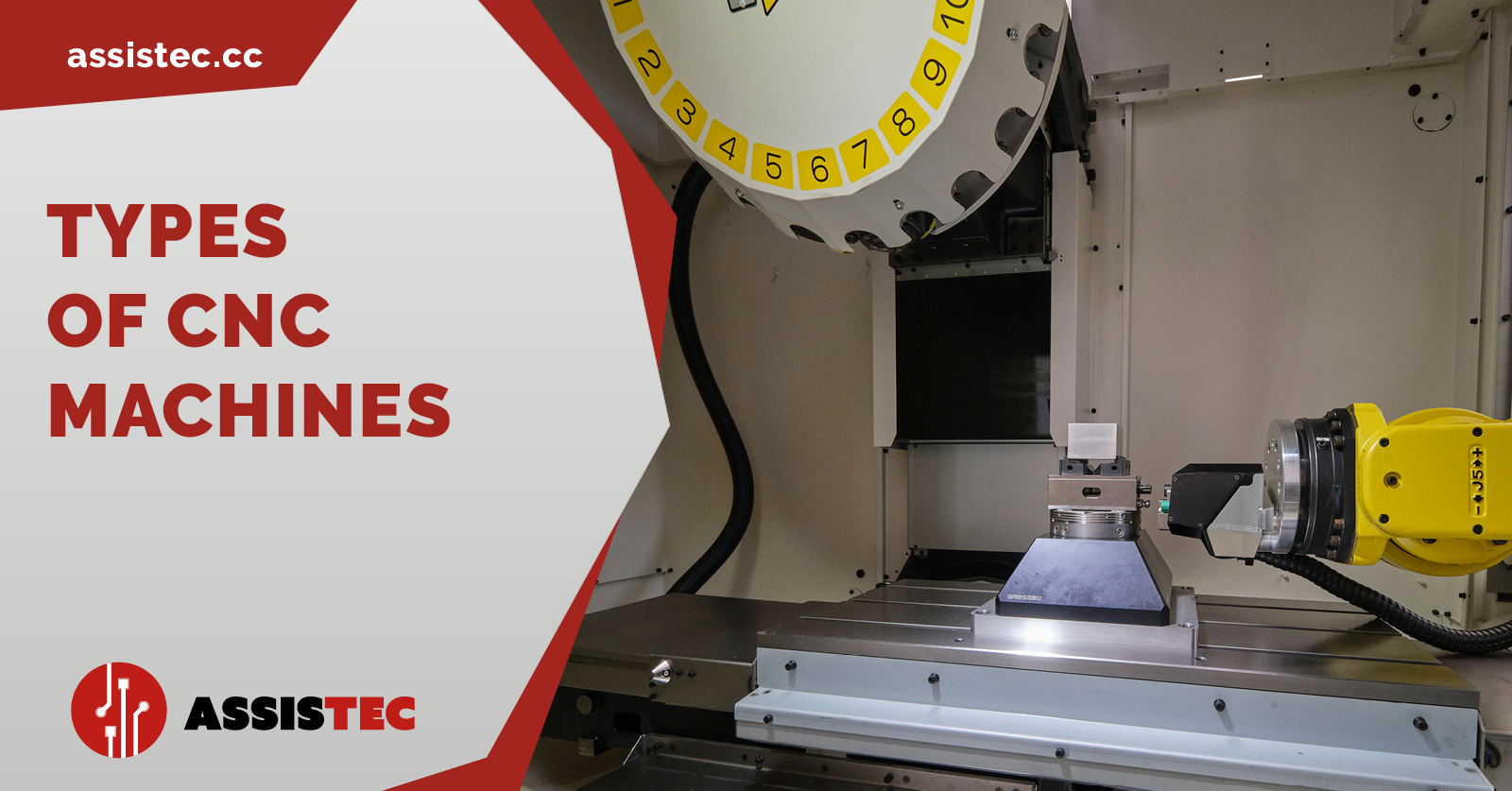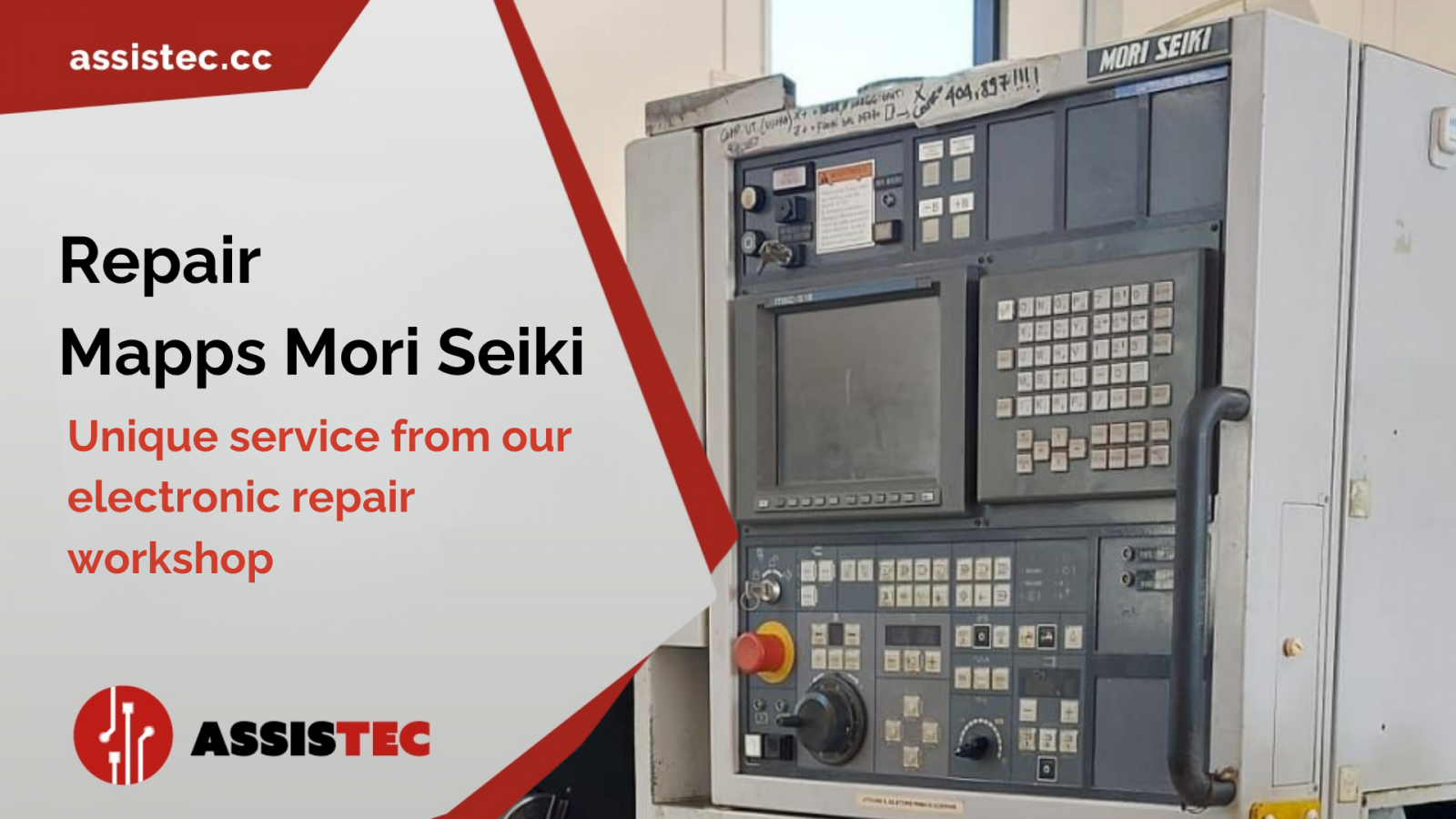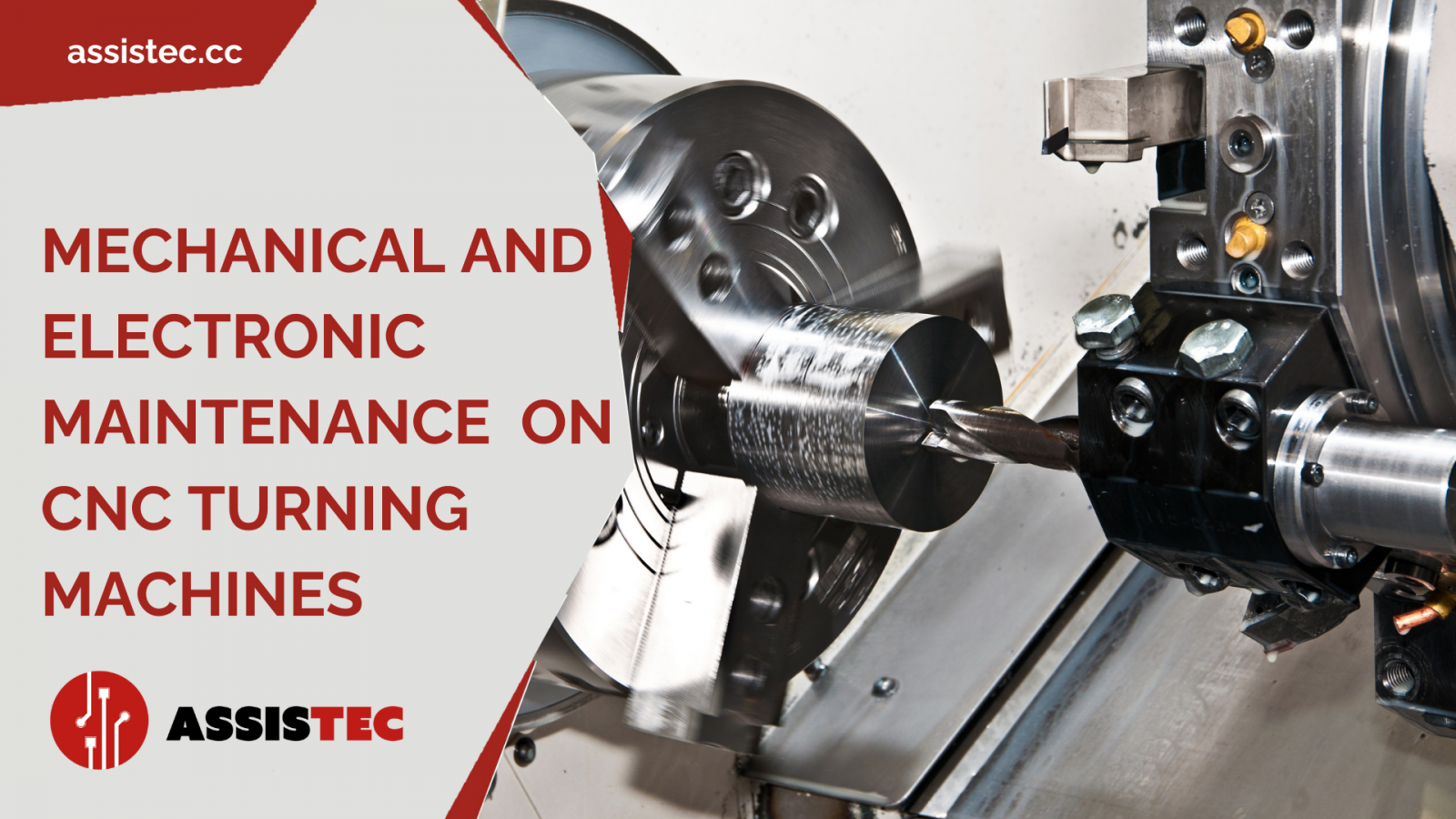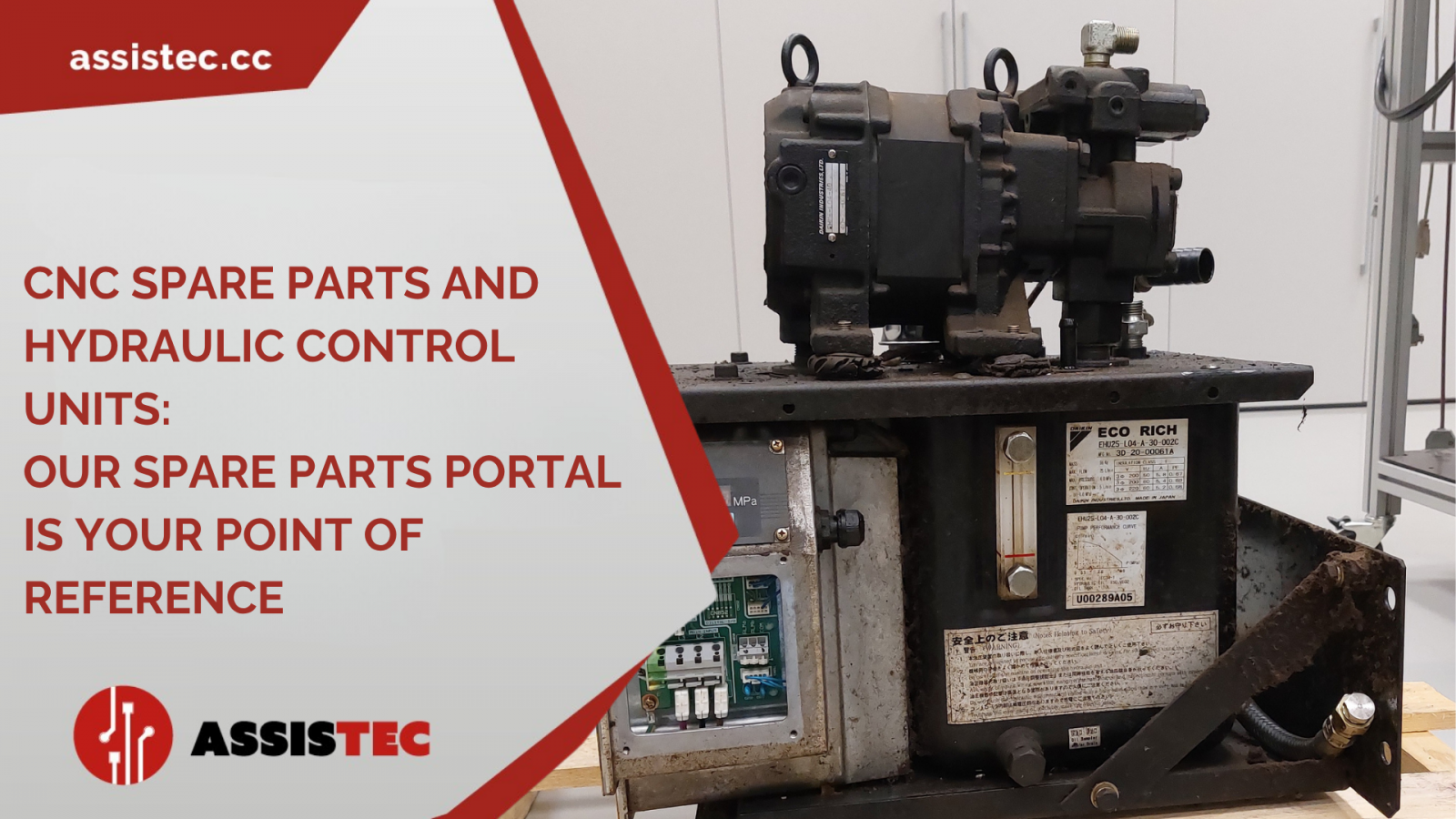Types of CNC machines: applications and differences


Exploring the different types of CNC machines
It's clear that the market for CNC machine tools is just as varied as the tasks these machines have to perform. This is because, with the advent of Industry 4.0 and modern smart factories, these machines have gradually taken on a more predominant role within industries, particularly manufacturing. CNC technology offers efficiency, precision and consistency, which are difficult to achieve with manual machining processes. There are various methods for classifying CNC machines, most of which are based on their design and intended tasks. Among the various types of CNC machines are milling machines, lathes, laser or plasma cutting machines, drilling machines, and grinding machines. They each have their own unique features and functionalities that can be customised using computer-aided design (CAD) and computer-aided manufacturing (CAM) programs, enabling precise control over the movements of cutting tools and workpieces.
CNC milling machines: features and applications
CNC milling machines perform high-precision and versatile operations to remove material from a workpiece and shape it according to specific requirements, also producing intricate and custom shapes. They come in both vertical and horizontal versions and can be outfitted with different types of milling cutter tools, such as end mill cutters, reamers, face milling tools, taps and common cutters. Vertical milling machines feature a vertically oriented spindle that holds and rotates the cutting tool. On the other hand, horizontal milling machines have a horizontally oriented spindle, which enables them to remove material more aggressively and clear away chips more effectively. Horizontal milling machines also have the advantage of accommodating larger workpieces than vertical ones.
CNC lathes: operation and use
The CNC lathe is a highly effective tool that rotates the workpiece around a central axis, cutting it with cutters to remove material and shape it as needed. It can be categorised into three types: turret lathes, motorised lathes and special lathes. Used for various processes like cutting, honing, facing, drilling, turning and knurling, CNC lathes are ideal for producing symmetrical components, but they're not just limited to that. In fact, they are also used to manufacture products such as camshafts, car parts, gun barrels, crankshafts, baseball bats, musical instruments, dining tables and furniture legs.
CNC Lasers: Technologies and Fields of Application
Two types of CNC milling machines equipped with lasers are mainly used for cutting various sheet metals: CO2 and solid-state machines. The highly concentrated beam allows for extremely precise cuts, even more so than plasma cutting. These machines have diverse applications, such as making aerospace parts, car chassis, medical equipment and engraving materials. One notable feature of CNC laser-machined products is their clean, high-quality edges, distinguishing them from products made by other machining processes. This is due to the fact that there is no mechanical contact or force exerted on the material. Consequently, there is no need for additional finishing processes.
Other types of CNC machines: analysis and specifications
As mentioned, there are many different types of CNC machines, each with its own set of applications. In addition to the ones already mentioned, there are also CNC router machines used in carpentry and metalworking workshops that produce carved wooden furniture, mouldings, interior and exterior decorations, door carvings, signage and musical instruments; CNC Electric Discharge Machines (EDM) used in injection moulding, die-casting, punching and prototyping, or CNC grinding machines used in the automotive, aerospace and tool-making industries.
Choose the right CNC machine with Assistec
If your company wants to reap the benefits of Industry 4.0 and advance into the future, Assistec is your ideal technological partner! Situated in the heart of the metalworking district in Reggio Emilia, we have over 25 years of experience in CNC machines and industrial automation, and in providing mechanical and electronic support for machinery. Moreover, we have a business unit dedicated entirely to robotics. We are a young and dynamic company that specialises in troubleshooting and minimising machine downtime.
Find the right CNC machine tool for your needs! Contact us or call +39 0522989436 for more information. One of our operators will contact you with a personalised offer.
Recent Posts

-
MAPPS Mori Seiki: cutting-edge technology at the service of CNC programming
In the world of CNC machining, Mori Seiki has always been synonymous with precision, efficiency and innovation. Among the systems that have contributed most to building this reputation, MAPPS (Machine Advanced Programming Production System) occupies a place of absolute importance. This hardware, integrated into Mori Seiki machines (updated in CELOS), allows for intelligent management of every stage of production, from programming to simulation. Today, thanks to the many years of experience of the Assistec laboratory, it is possible to repair MAPPS Mori Seiki, with the certainty of turning to a team of qualified, up-to-date and responsive professionals.
-
CNC lathes are the beating heart of many mechanical workshops and manufacturing companies. However, their ability to guarantee precision, production continuity and impeccable finishes depends on a factor that is often underestimated: maintenance. Regular mechanical and electronic maintenance is not only a technical requirement, but also a business strategy that reduces machine downtime, preserves product quality and extends the life of the equipment. This guide explores all the operations necessary for comprehensive maintenance, with practical advice and guidance on when it is essential to rely on specialised professionals.
-
The efficient management of CNC machine tools cannot be separated from a reliable, timely and well-organised spare parts system. This is where the Assistec Spare Parts Portal comes into play, designed to provide concrete support to workshops, maintenance technicians, technical managers and industrial buyers.
Thanks to direct integration with the automated warehouse, the portal allows you to identify and order new and remanufactured components in just a few clicks, with real availability and fast shipping.
Among the most requested spare parts today are hydraulic control units, which are essential for ensuring the operational continuity of CNC systems



